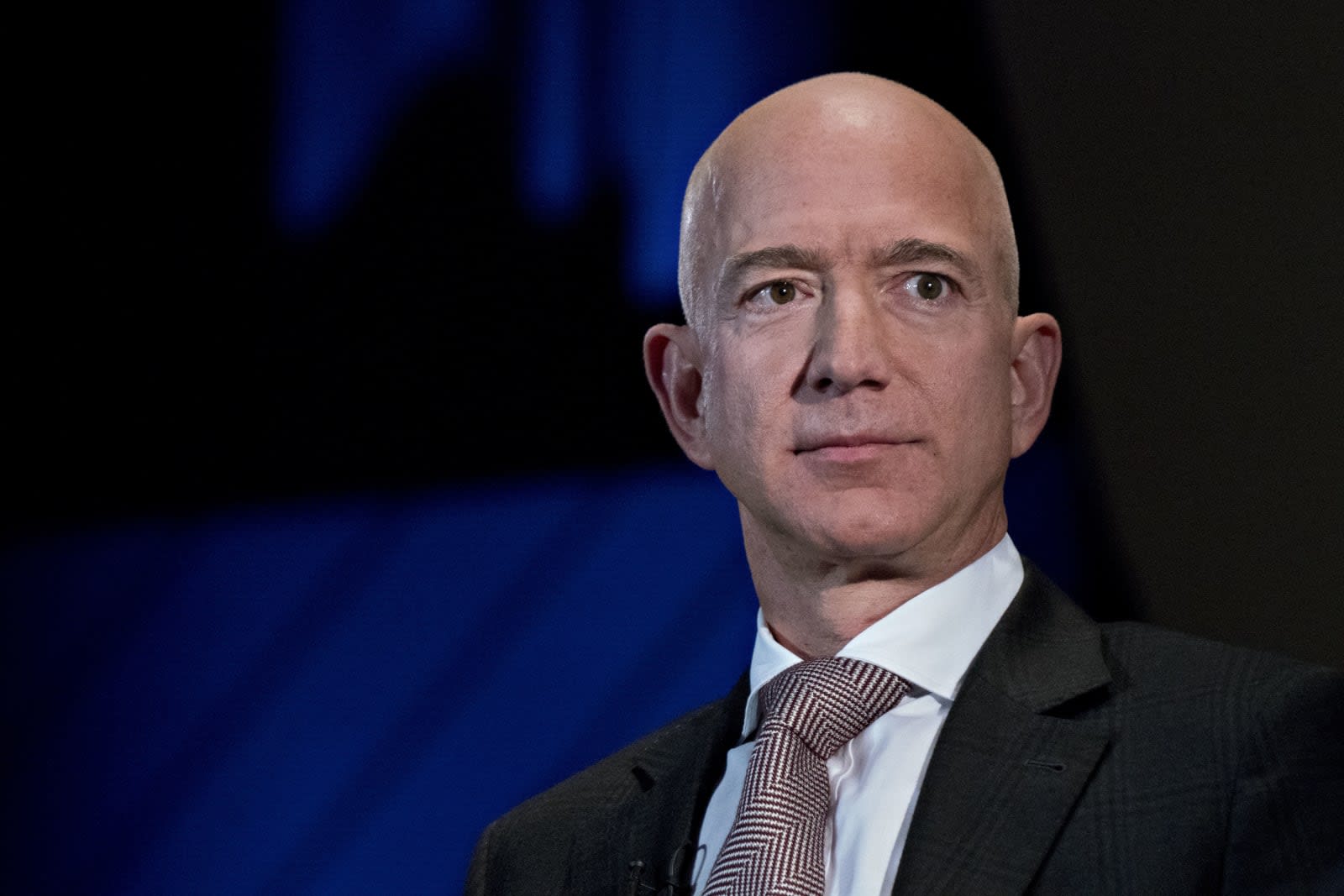Sean Williams
The Motley Fool
Published 6:00 AM EDT Mar 31, 2019
For better or worse, Social Security is our nation's most prized social program.
Each month, 63 million benefit checks go out, with more than a third of these recipients lifted out of poverty as a result of this guaranteed monthly payout.
While Social Security was crafted to be a financial foundation for retired workers in the mid-1930s, it's evolved into so much more, with the program also providing long-term disability insurance benefits and survivor benefits to the immediate families of deceased workers.
But for as much of a financial lifesaver as the program has been, Social Security is far from perfect. There are certain "rules" within the program that I'm fairly sure we can all agree we hate and would prefer to see gone.
Even if you're years from retirement: You need to know these Social Security tips now
When you should delay filing: Why waiting 3 more years for Social Security benefits will help this 66-year-old
Here are three such rules.
1. Taxing Social Security benefits (over certain income thresholds)
Not that I'm ranking these in any particular order, but if there were some aspect of Social Security that was more hated than any other part of the program, it would almost certainly be the taxation of Social Security benefits. In fact, a survey from Washington, D.C.-based nonprofit organization The Seniors Center, released in March 2017, found that an overwhelming 91 percent of retired Americans want the taxation of benefits shelved.
The taxation of paid benefits applies at the federal level when an individual's modified adjusted gross income plus one-half of their benefits exceeds $25,000 (or $32,000 for a couple filing jointly). Instituted in 1984, following the passage of the Amendments of 1983, this measure allowed up to 50 percent of a person's or couple's benefits to be taxed. In 1993, a second tier was introduced, allowing up to 85 percent of benefits to be taxed if a single taxpayer or couple filing jointly exceeds $34,000 or $44,000 in earned income, respectively. Although this isn't a case of double taxation, it sure as heck seems like it to a number of Social Security recipients.
Making matters worse, the income thresholds associated with this tax have never been adjusted for inflation. Thus, as more years go by, more and more seniors are being taxed on their take-home from the program. At last check, The Senior Citizens League (TSCL) estimated that 51 percent of all senior households are paying some tax on their Social Security benefits.
The icing on the cake is that 13 states also tax Social Security benefits to some varied degree. Should you face state tax on your benefits, then you would indeed have a valid gripe about double taxation.
2. Using the CPI-W to calculate COLA
Another Social Security rule we'd love to give the heave-ho to is the use of the Consumer Price Index for Urban Wage Earners and Clerical Workers (CPI-W) as the program's inflationary tether for its cost-of-living adjustments (COLA). Think of COLA as the "raise" that beneficiaries receive each year in order to keep up the rising cost of goods and services (i.e., inflation).
The problem is simple: the CPI-W does a really bad job of measuring the costs that matter to retired workers – who, may I remind you, make up 70 percent of current beneficiaries. That's because the CPI-W, as the name implies, tracks the spending habits of urban and clerical workers, who, in nearly all instances, aren't Social Security beneficiaries. Just to recap for the skimmers: The program primarily provides benefits to seniors but has an inflationary tracking index that's pegged to working-age urban and clerical workers.
Since working-age Americans and seniors spend their money very differently, it results in seniors precipitously losing purchasing power on their Social Security dollars. Expenditures that matter more to retired workers, such as housing and medical care, are given less weighting, while less-important expenses, such as entertainment, transportation, education, and apparel, bear a higher weighting in the COLA calculation. Since the year 2000, TSCL finds that the purchasing power of Social Security dollars for seniors has dropped by 34 percent.
3. Subjecting early filers to the retirement earnings test
Being subjected to the retirement earnings test is another gripe that's common among early filers.
The retirement earnings test describes an earned income limit for retired workers who've chosen to take their benefit prior to reaching full retirement age. Your full retirement age is the age at which you become eligible to receive 100 percent of your monthly payout, as determined by your birth year. If an early filer surpasses this limit, their benefits can be partially or even fully withheld by the Social Security Administration (SSA).
In 2019, early filers who won't be hitting their full retirement age this year are only allowed to earn up to $17,640 annually ($1,470 a month) without any repercussions. For every $2 in earnings above this mark, $1 in benefits is withheld. If you will reach your full retirement age this year but have yet to do so, the earning threshold is $46,920, or $3,910 a month. In this instance, $1 in benefits can be withheld for every $3 in earned income above this mark.
Even though you'll get your withheld benefits back in the form of a higher monthly payout once you hit full retirement age, the retirement earnings test is a pest because it punishes early filers who are still working and might be looking to double-dip on their income streams. It may also inadvertently harm early filers who have no choice but to claim early.
Sorry, folks, but none of these rules is going away anytime soon
Unfortunately, even though we can all agree that these Social Security rules should be shelved, there's virtually no chance of changing any of them anytime soon.
Despite our loathing for the taxation of benefits, the program simply couldn't do without the revenue it's providing on an annual basis. According to the 2018 Social Security Trustees report, the taxation of benefits will generate $561.2 billion in revenue between 2018 and 2027. If this tax were simply stopped cold turkey, Social Security's already precarious financial situation would become even direr, potentially leading to steep benefits cuts in the future.
As for the CPI-W, switching to a perceived-to-be-more-accurate inflationary measure would require bipartisan cooperation in Congress – which, as we all know, is a fairy tale. OK, maybe that's a bit cynical, but both Democrats and Republicans have proposed a "fix" for Social Security's inflationary tether, and their suggestions couldn't be further apart. Without the required 60 votes in the Senate to amend Social Security, no changes to its inflationary measure will be made.
And the retirement earnings test isn't going away, either. That's because in order to avoid a rush on early benefit claims, the SSA wants to encourage folks to save more, invest for the future, and claim their benefit (ideally) at or after their full retirement age.
It's perfectly OK to hate these three Social Security rules. Just be aware that no amount of hate is going to make them go away.
The Motley Fool has a disclosure policy.
The Motley Fool is a USA TODAY content partner offering financial news, analysis and commentary designed to help people take control of their financial lives. Its content is produced independently of USA TODAY.
Offer from the Motley Fool: The $16,728 Social Security bonus most retirees completely overlook
If you're like most Americans, you're a few years (or more) behind on your retirement savings. But a handful of little-known "Social Security secrets" could help ensure a boost in your retirement income. For example: one easy trick could pay you as much as $16,728 more... each year! Once you learn how to maximize your Social Security benefits, we think you could retire confidently with the peace of mind we're all after. Simply click here to discover how to learn more about these strategies.
Let's block ads! (Why?)
https://www.usatoday.com/story/money/personalfinance/retirement/2019/03/31/social-security-benefit-3-rules-program-everyone-hates/39240269/
2019-03-31 10:00:00Z
52780255080319







